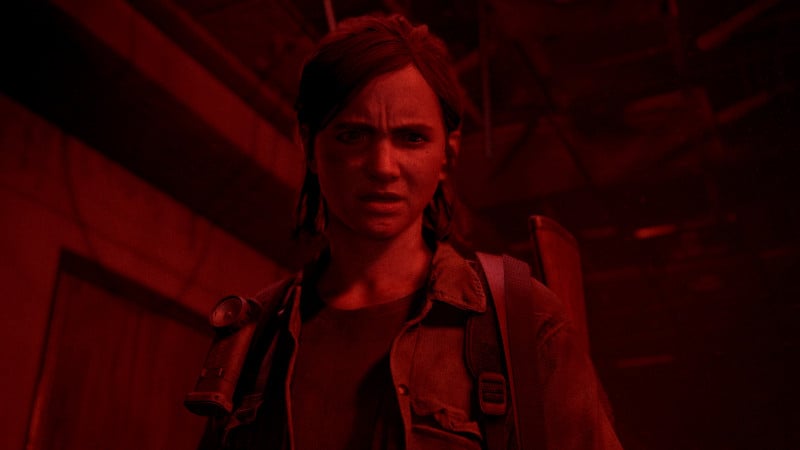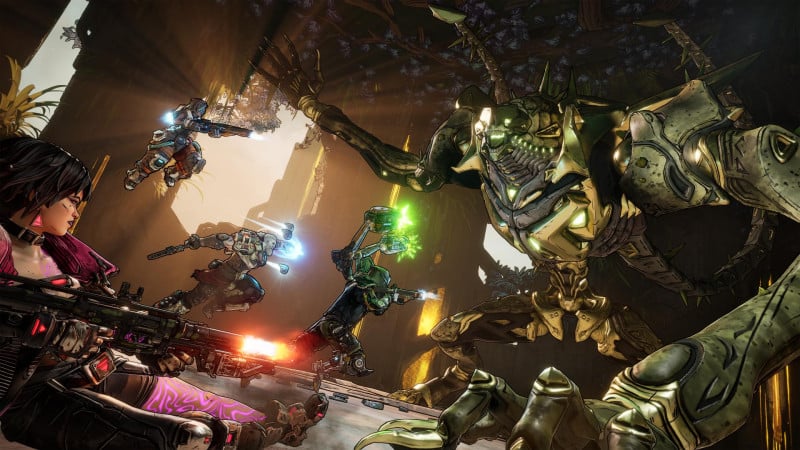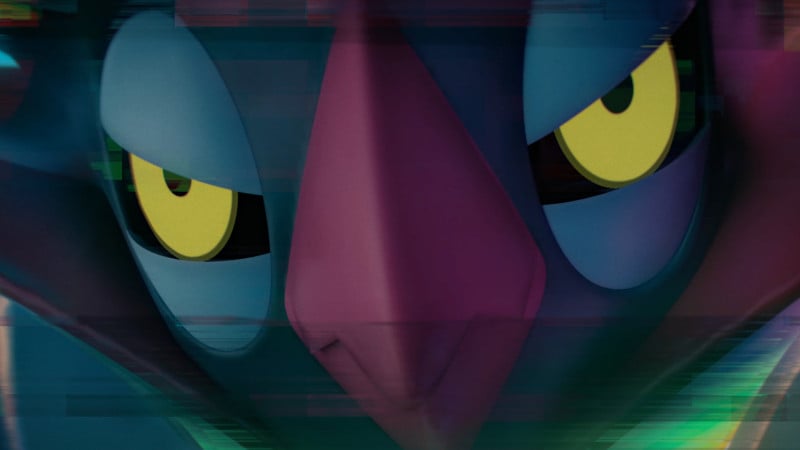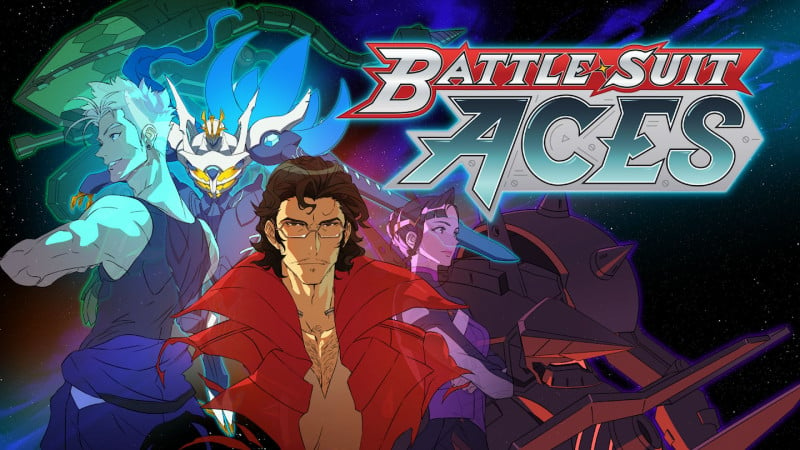I am not reviewing Suicide Squad: Kill The Justice League for Game Informer (that privilege belongs to looter-shooter expert Matt Miller), and for that I am grateful. But it’s not because the game is terrible. It’s because even after five hours, I still have no idea how I feel about it.
There is a scene in The Dark Knight Rises that I always assumed would become a meme, but never did. When Anne Hathaway’s Selina Kyle gets stopped trying to escape at the airport by Joseph Gordon-Levitt’s John Blake, he asks her about Bruce Wayne’s fate. In a fantastic one-line performance, she looks into his eyes with genuine uncertainty and fear and says simply, “I’m not sure.” And that’s exactly how I feel when someone asks me what I think of Rocksteady’s Suicide Squad.
I am not a fan of the genre Suicide Squad is pursuing. I don’t like shooters where you perform similar actions (e.g., fight waves of enemies) over and over for slightly different results (e.g., gear with marginally different stats). The loop has just never appealed to me. I am, however, a massive fan of Rocksteady and its Arkham Games. Arkham Asylum, City, and Knight (and Origins, as well) are not just some of my favorite comic book games but some of my favorite games, period. I love the world Rocksteady created in those games, and in those not-frequent-enough moments when Suicide Squad remembers it is a sequel to Arkham Knight, I find myself getting wrapped up in learning what is going to happen next.
But even in those story and character moments that I have enjoyed, I am falling short of becoming fully invested. The premise of Amanda Waller and Batman’s worst-case scenario actually coming to exist – what if the members of the Justice League turned bad? – is interesting and sometimes scary. An early sequence where you, as the Suicide Squad, have to play on the opposite side of Batman’s stealth and fear-inducing hunt is a highlight. But the overall tone of the game sometimes makes it feel more like the uninspired arguments of comic book fans playing out their uninteresting fantasies of, “What if Superman killed civilians?”
But then, every few minutes, a joke will land with me, and I find myself appreciative of the tone. Captain Boomerang, for example, is the kind of confident idiot that always makes me laugh. We’ve had four self-serious, sometimes melodramatic Arkham games. Why not make room for something a little lighter? My opinion changes every five minutes.
In terms of gameplay, I have begun to find a rhythm in combat where I enjoy moving around a battlefield. Running up walls and swinging around as Harley recalls Incomniac’s Spider-Man in the right ways, but the shooting, while perfectly functional, gets repetitive quickly. I often avoid fights on my way to the next destination instead of engaging with them as a result. Much like the world and story, my opinion about actually playing changes every other fight. Sometimes, I feel like Tony Hawk skateboarding through Metropolis. Sometimes, I feel like Tony Hawk, the human person, checking his watch and avoiding traffic as he rushes to a meeting across town.
I am confused, but sometimes having fun. Does that make it a good and fun game? I’m not sure, to quote Selina Kyle again.
Of course, with all my uncertainty and my feelings going up and down as I play from moment to moment, there is one thing I know for sure: I am definitely, without question, enjoying it more than 2020’s Marvel’s Avengers.








